My first experience with travel – the world outside my neighborhood – was vicarious, by way of books. I believe the first time I saw a map in a book, my heart lept up; my eyes grew wide. You mean there are places other than where we live? How big is the world, anyway… how long would it take to go around it? Questions of this sort crowded my boyish mind.
When I was eight I subscribed to a publication – put out by National Geographic; it arrived monthly, and each magazine was devoted to some exotic place…. Czechoslovakia, New Zealand, Japan, New Guinea, and so on. These were places I never knew existed, but they all looked plenty interesting to me. The magazine had stickers inside the front cover that I had to tear out, lick and stick in the right spots. I can still taste the glue. Those magazines kindled my imagination for exploration and made me want to go “abroad”, and see for myself. The fire burns brightly within me to this day.
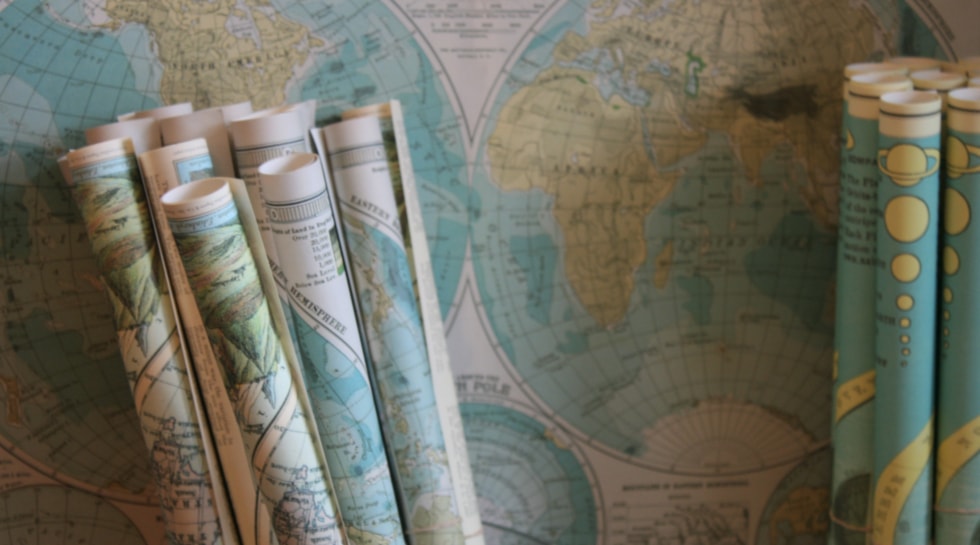
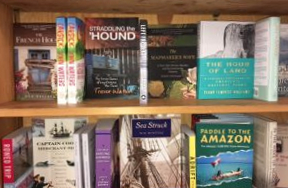
It won’t surprise you that I have great respect for certain authors, especially adventurous, unconventional ones. In any bookstore I’m drawn to the “Literary Travel” section. Ah…Literary Travel…the link between literature and travel… both are instructive, pleasurable & challenging. What could be more stimulating, more absorbing?
American philosopher Henry David Thoreau (1817-62) asked the rhetorical question, “How many a man has dated a new era in his life from the reading of a book?” One might add: “or a quotation”.
Accordingly, I have gathered some quotations by distinguished authors whom I think capture the appeal of travel. I was stimulated to look into the lives of those whose observations I so admire. There is an ’embarrassment of riches’ to be found in such snooping around; I’ll give you five of my absolute favorites, in historical order.
Travel and change of place impart new vigor to the mind.
Seneca
Seneca (4BC-65 AD) was a Roman statesman, philosopher and writer at the height of the Roman Empire. His travels were rather limited – from Spain to Rome, as a child. His main political efforts were to restrain the worst excesses of the Emperor Nero. He was eventually convicted in a conspiracy to assassinate Nero, and condemned to commit suicide. It is believed he was converted to Christianity by St. Paul.
The work is a book, and those who do not travel read only one page.
St. Augustine
St. Augustine (354-430), Christian theologian and writer, the greatest of the Latin Fathers of the Church. Raised in Carthage (present-day Tunisia), at thirty he travelled to Rome, whose empire was by that time crumbling. He later moved to Milan and was subsequently ordained, and eventually became bishop in Hippo, in present-day Algeria. He is the patron saint of, among other things, brewers.
The gladdest moment in human life, me thinks, is a departure into unknown lands.
Sir Richard Burton
Sir Richard Burton (1821-1890), “Ruffian Dick”, English explorer, dualist, author, and one of my great heroes. He was a bright and aggressive fellow; predictably, he was expelled from Trinity College, Oxford for flouting the rules. Undeterred, he went to out into the world, first to India. He became a prolific author on myriad subjects: psychology, fencing, falconry, exotic sexual practices and, of course, his travels – which took him to every continent. In 1853, in Muslim disguise – including his fresh circumcision – he risked death to become the first European to visit Mecca and Medina. He was also the co-discoverer of Lake Tanganyika. An extraordinary linguist, he knew 40 languages and translated the Kama Sutra, a task that allegedly amused him no end.
The whole object of travel is not to set foot on foreign land; it is to at last set foot on one`s own country as a foreign land.
G.K.Chesterton
G.K.Chesterton (1874-1936), English writer, philosopher, orator, theologian, social critic and another one of my heroes. He was one of the intellectual giants of our civilization – a man Time magazine called “a colossal genius”, now sadly neglected. His literary output influenced many: C.S.Lewis, G.B. Shaw, M.K.Gandhi, Michael Collins. He is best-known nowadays for his lighter work, the Father Brown Stories, presently appearing on PBS. He could be serious and uproariously funny at the same time – quite a talent.
I think his quote is only half-true. Surely setting foot – and mind – in a foreign land has its own rewards, apart from, as he suggests, rediscovering one’s own land as a sort of ‘outsider’. As far as his travels went, all I know is that he was a great train traveler, mostly around London. One biographer said he habitually caught the wrong train, so he wrote a great deal in railway stations, waiting for the right one.
Stuff your eyes with wonder, live as though you`d drop dead in ten seconds. See the world. It`s more fantastic than any dream…
Ray Bradbury
Ray Bradbury (1920-2012), Giant of US science-fiction. He was a great traveler-explorer in his fertile mind, but apparently not on our planet. I was shocked to learn he was visually impaired and never even had a driver’s license; he got around on a bicycle and on public transport. He lived at home till he was 27, and married the only woman he ever dated – a marriage that lasted 56 years. His most influential book is Farenheit 451, a dystopian novel published in 1953. He wrote it because he was afraid McCarthyism would turn to book-burning. It is also a commentary how mass media discourages the reading of quality literature, say, People Magazine vs War and Peace.
So, there are a few of my favorite travel quotes: they make my heart sing. I think a quotation capturing a bit of truth is a real bargain: a measure of wisdom grasped and assimilated a moment. Opinion is divided on the value of using quotations in one’s writing. On the one hand, A.A. Milne said, “A quotation is always a handy thing to have about, saving one the trouble of thinking for oneself, always a laborious business.” On the other is Winston Churchill who said, “Good quotations when engraved upon the memory give you good thoughts. They also make you anxious to read the authors and look for more.”
You know which side I’m on.

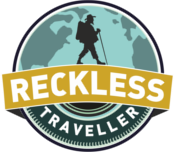
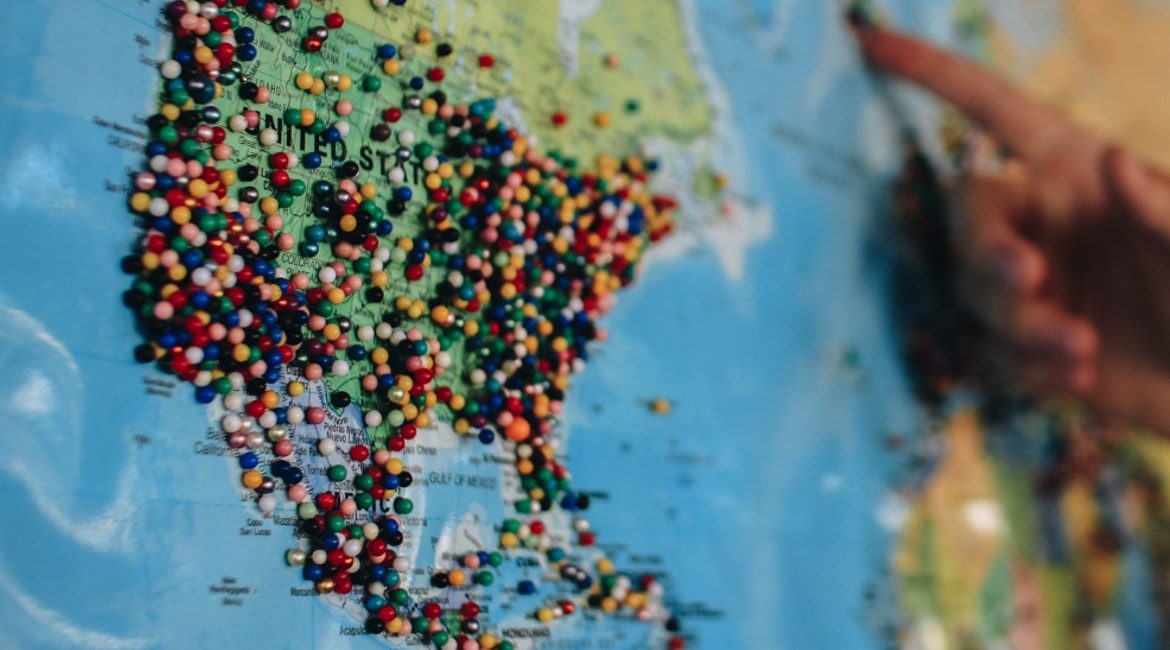


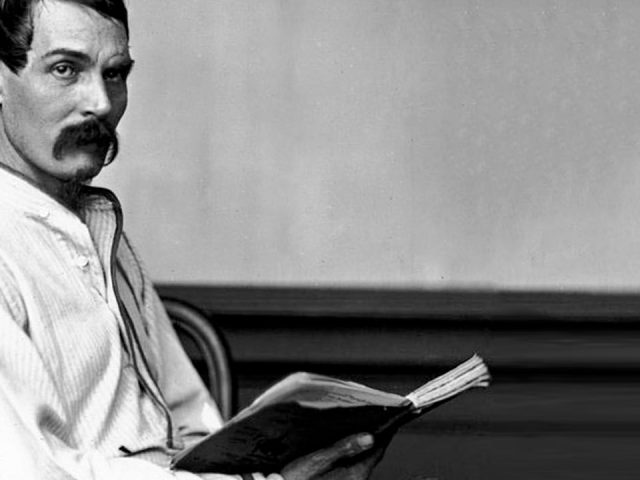
Facebook Comments